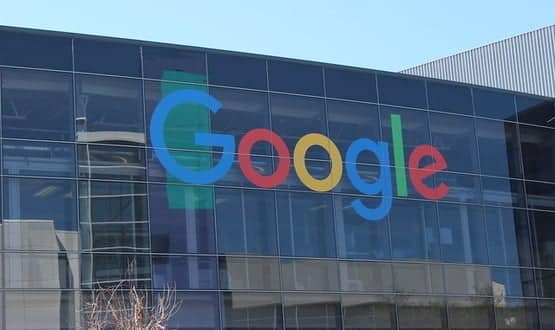Google Health ties up data agreements with NHS trusts
- 20 September 2019

Five NHS trusts have transferred data processing agreements over to Google following the tech giant’s acquisition of British AI firm DeepMind.
Royal Free London NHS Foundation Trust, Imperial College Healthcare NHS Trust, Taunton and Somerset NHS Foundation Trust, Moorfields Eye Hospital NHS Foundation Trust and University College London Hospitals NHS Foundation Trust have now signed data commitments for various DeepMind projects over to Google Health.
The transition of NHS trusts’ data commitments finalises the transfer of DeepMind’s health team to Google, which was announced in November 2018.
It includes agreements relating to Streams, an app that can detect the early signs of acute kidney failure.
Streams is currently being used by Royal Free and Imperial College, both of which insisted they would retain control over patient data after transferring their agreements to Google Health.
Royal Free will additionally be migrating to Google’s cloud infrastructure “to further improve resilience” and allow it to extend the use of Streams to Barnet Hospital.
A statement from the trust read: “Moving to the GCP (Google Cloud Platform) will mean Streams can benefit more patients and support the increasing number of clinicians using the app.
“All migration and implementation will be completed to the highest standards of security and will be compliant with relevant data protection legislation and NHS information governance requirements.
“As with all of our arrangements with third parties, the Royal Free London remains the data controller in relation to all personal data. This means we retain control over that personal data at all times and are responsible for deciding how that data is used for the benefit of patient care.”
DeepMind has also been working with Moorfields Eye Hospital, where it was using AI to identify eye diseases from OCT scans.
University College Hospital, meanwhile, was using AI technology from DeepMind to help plan treatment for patients with head and neck cancer.
A statement from the trust read: “The move will not change the scope of our partnership and the research will be largely undertaken by the same team of experts. However, the team will now be able to make use of Google’s scale and experience to deliver potential breakthroughs to patients more rapidly.
“We will retain control over the anonymised data and remain responsible for deciding how it is used. The anonymised data is encrypted and only accessible to a limited number of researchers who are working on this project with UCLH’s permission. Access to the data will only be granted for officially approved research purposes and will be automatically audited and logged.”
Of six trusts DeepMind had been working with, only Yeovil District Hospital decided not to transfer its agreement over to Google Health.
DeepMind had been working with the trust to determine whether Streams could assist in clinical decision-making.
Yeovil District Hospital ultimately concluded that it had no need for the app.
It said: “What’s key for us as a hospital, when it comes to considering the implementation of any new piece of technology, is whether it improves the effectiveness and safety of patient care and how it tessellates with existing ways of working. Working with the DeepMind team, we found that Streams is not necessary for our organisation at the current time.
“Whilst our contractual relationship has ended, we will remain an anchor partner of Google Health so will continue to be part of conversations about emerging technology which may be of benefit to our patients and our clinicians in the future.”
Taunton and Somerset has also discontinued its used of Streams after running a pilot of the technology in 2018.
Despite this, David Shannon, the trust’s director of strategic development, said it would continue work with Google Health.
“We have two years remaining of this contract and, after careful consideration, we have now transferred or ‘novated’ our agreements from DeepMind Technologies to Google Health UK,” Shannon said in a statement.”
In a statement on the Google Health blog, Dominic King, the company’s UK lead, said: “It’s clear that a transition like this takes time. Health data is sensitive, and we gave proper time and care to make sure that we had the full consent and cooperation of our partners.
“This included giving them the time to ask questions and fully understand our plans and to choose whether to continue our partnerships. As has always been the case, our partners are in full control of all patient data and we will only use patient data to help improve care, under their oversight and instructions.”
- DeepMind’s Streams app saves £2,000 per patient, peer review finds
- Google DeepMind co-founder placed on leave ‘until end of the year’
- Google launches Cloud Healthcare API to address interoperability conundrum




1 Comments
As a previous Caldicott Guardian and Clinical IT Lead at Yeovil, and now a patient [elsewhere] I warmly support my successors’ decision to maintain patient confidentially.
Comments are closed.